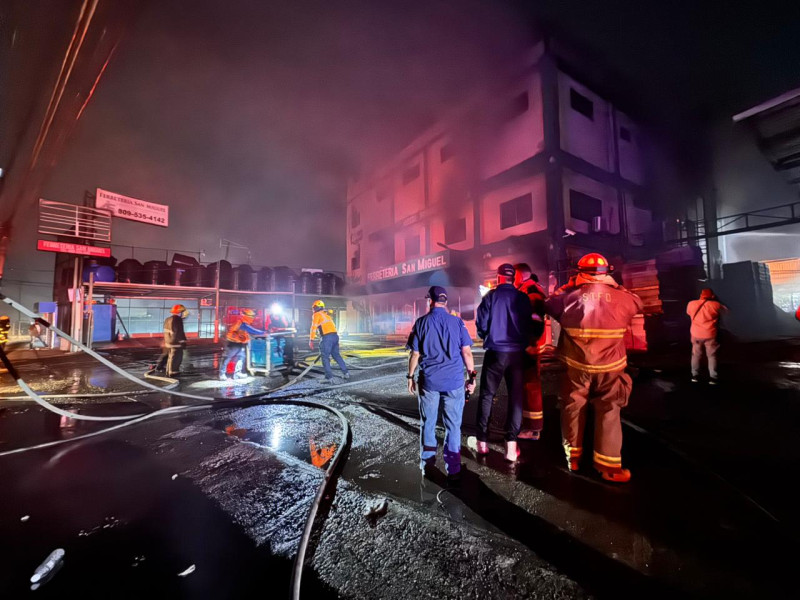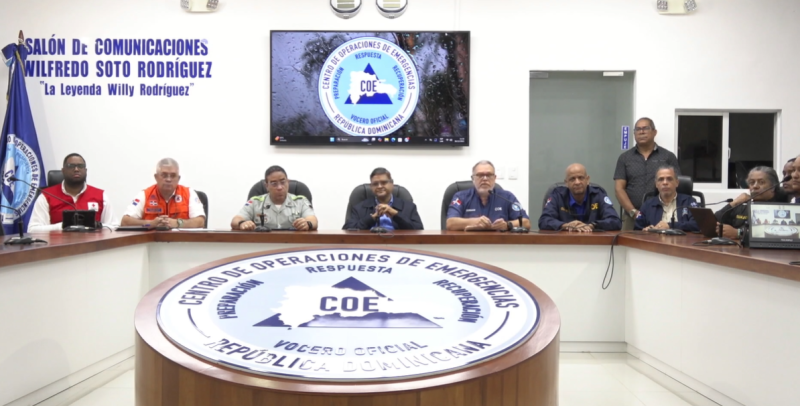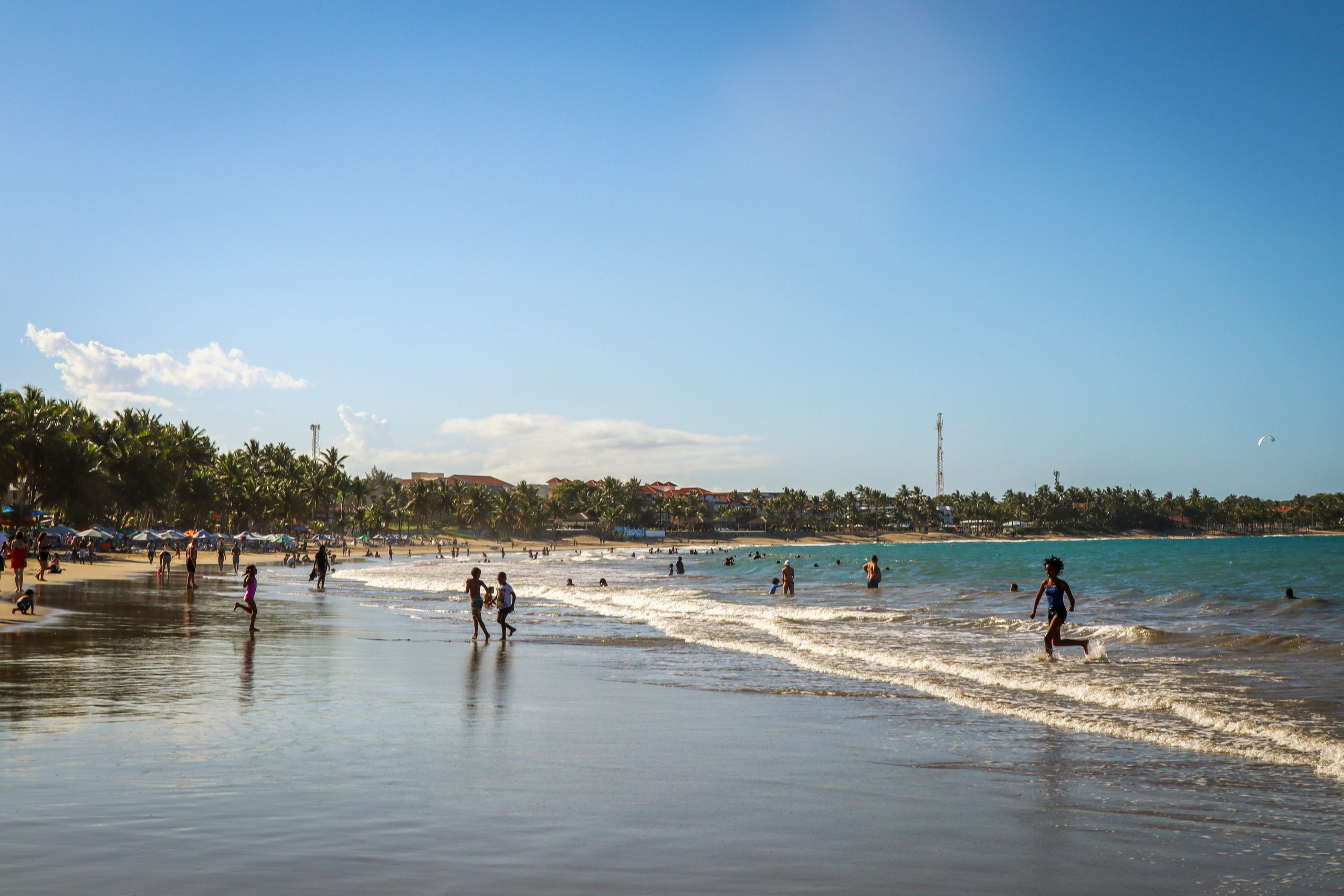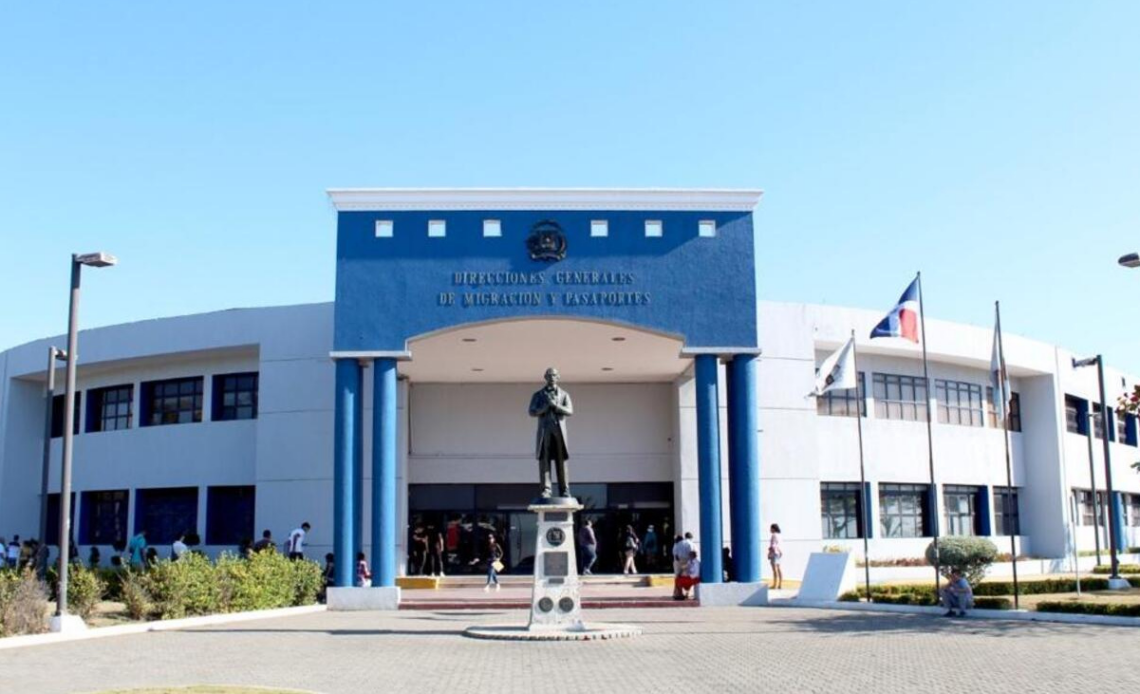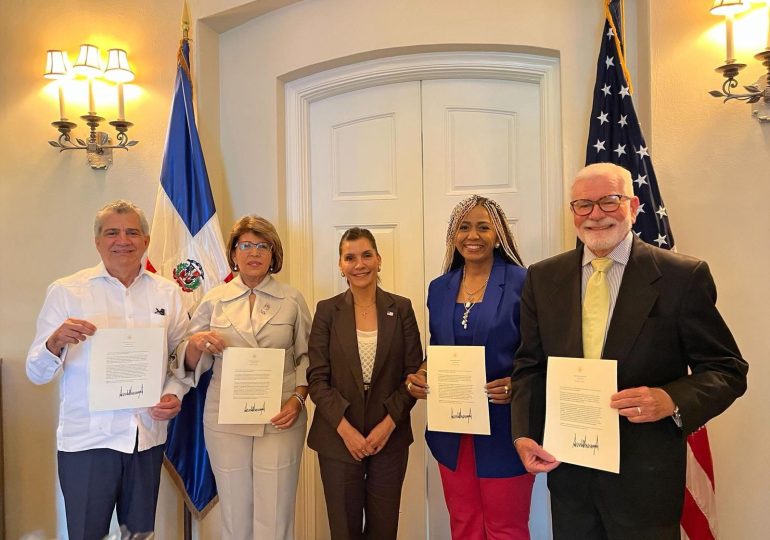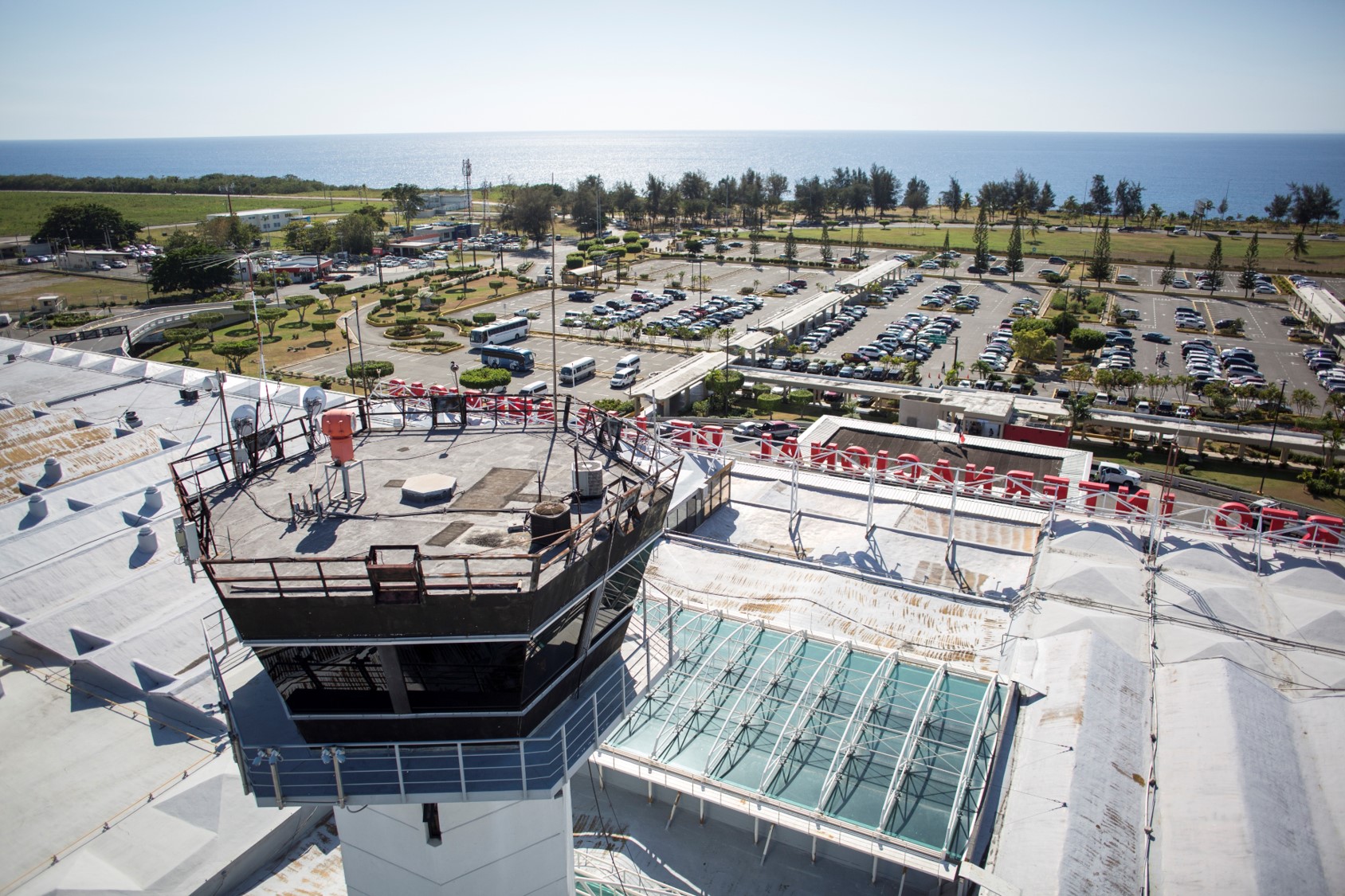A comprehensive study conducted by the Superintendency of Banks reveals significant patterns in financial product usage among foreign migrants residing in the Dominican Republic. The research, titled “Towards an Inclusive and Sustainable Financial System 2025,” demonstrates that savings accounts constitute the most widely utilized financial instrument within this demographic, with 83% of surveyed migrants maintaining such accounts.
Credit and debit cards represent the second most popular financial product, utilized by 54% of the migrant population, while checking accounts follow at 44% penetration. The study emphasizes that migrants form a crucial component of the national workforce and economic framework, yet encounter substantial obstacles in accessing formal financial services.
Key barriers identified include documentation requirements, institutional trust factors, and limited familiarity with conventional financial instruments. The research methodology incorporated migrant respondents as 7% of its total sample size, with gender distribution nearly equal at 51% male and 49% female participants. Notably, 24% of surveyed migrants reported lacking Dominican identity cards.
Venezuelan and Haitian nationals predominated among respondent demographics, with 90% residing in urban centers—particularly Greater Santo Domingo (38%) and northern regions (21%). Income analysis revealed 94% of migrants earn below 50,000 pesos monthly, indicating pronounced concentration in lower-income brackets.
The publication highlights that migrants face particularly stringent verification processes, with 48% reporting additional documentation requirements when applying for financial products. Despite these challenges, 77% of migrants expressed complete confidence in their primary financial institutions.
While financial institutions have initiated inclusion mechanisms—including simplified banking products, basic accounts, and reduced-cost remittance programs—the study concludes that these initiatives currently maintain limited reach within migrant communities. Researchers stress that understanding financial behaviors and perceptions is fundamental to designing effective policies that foster economic integration and social inclusion within the Dominican financial landscape.

